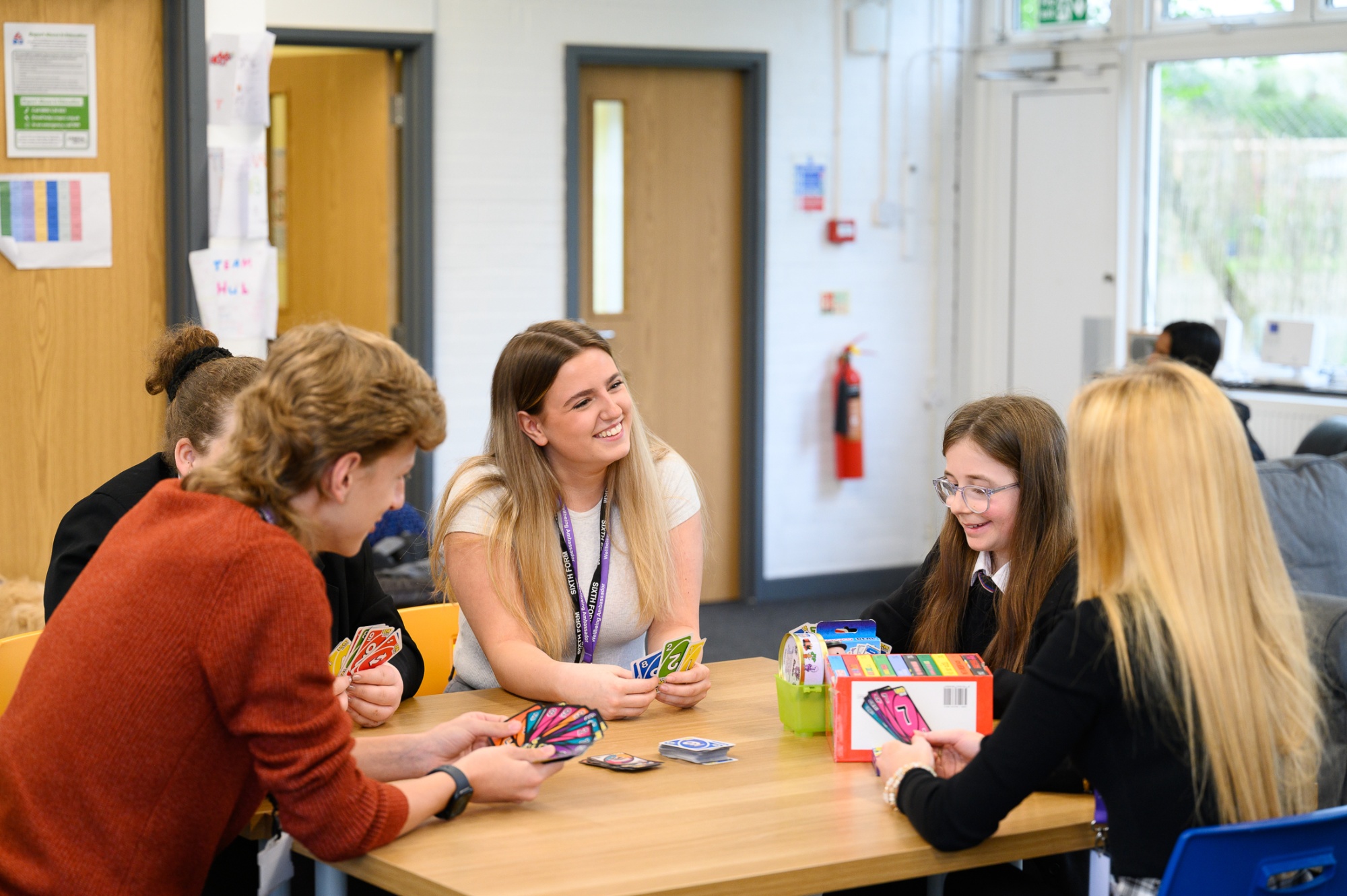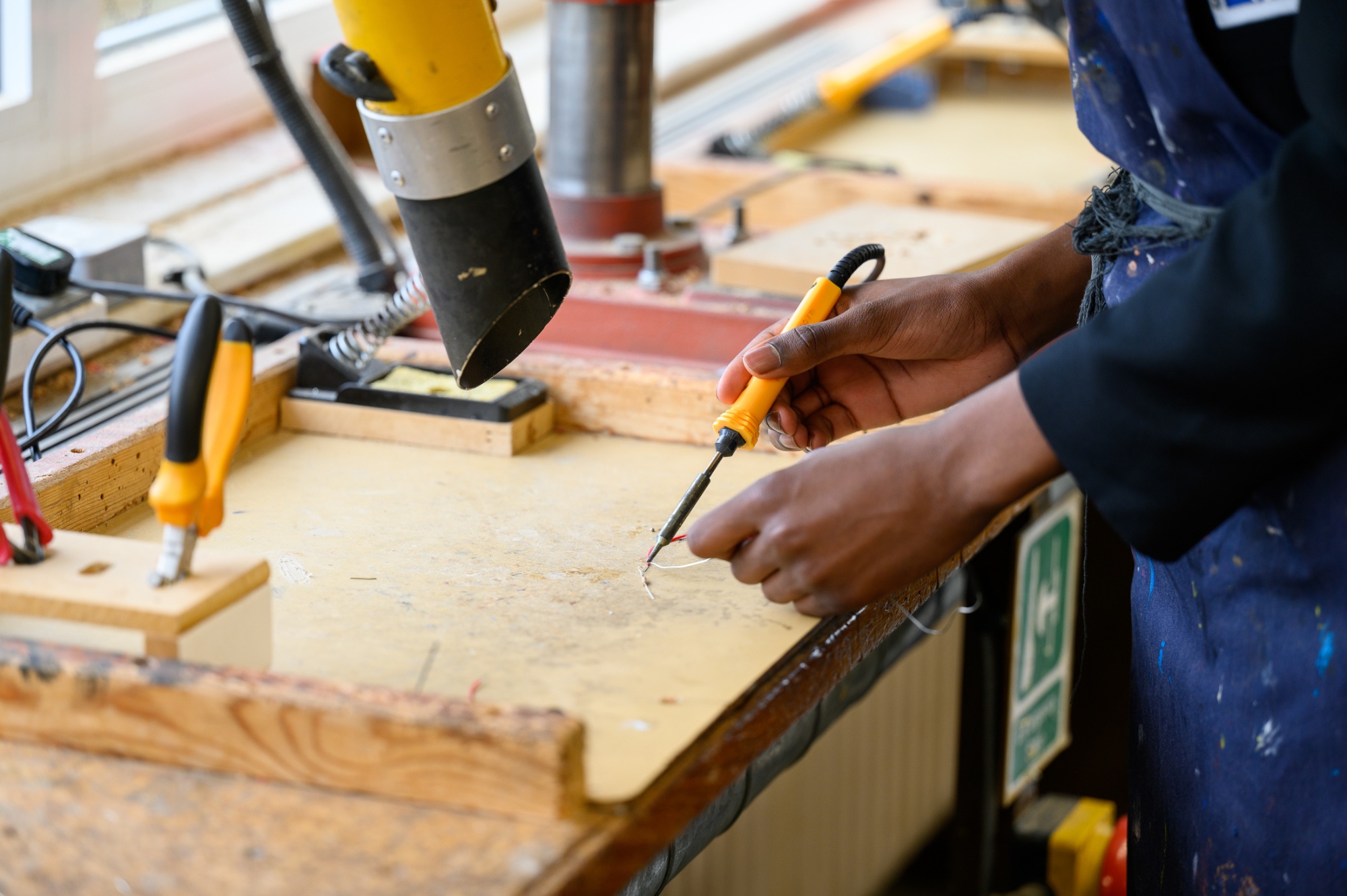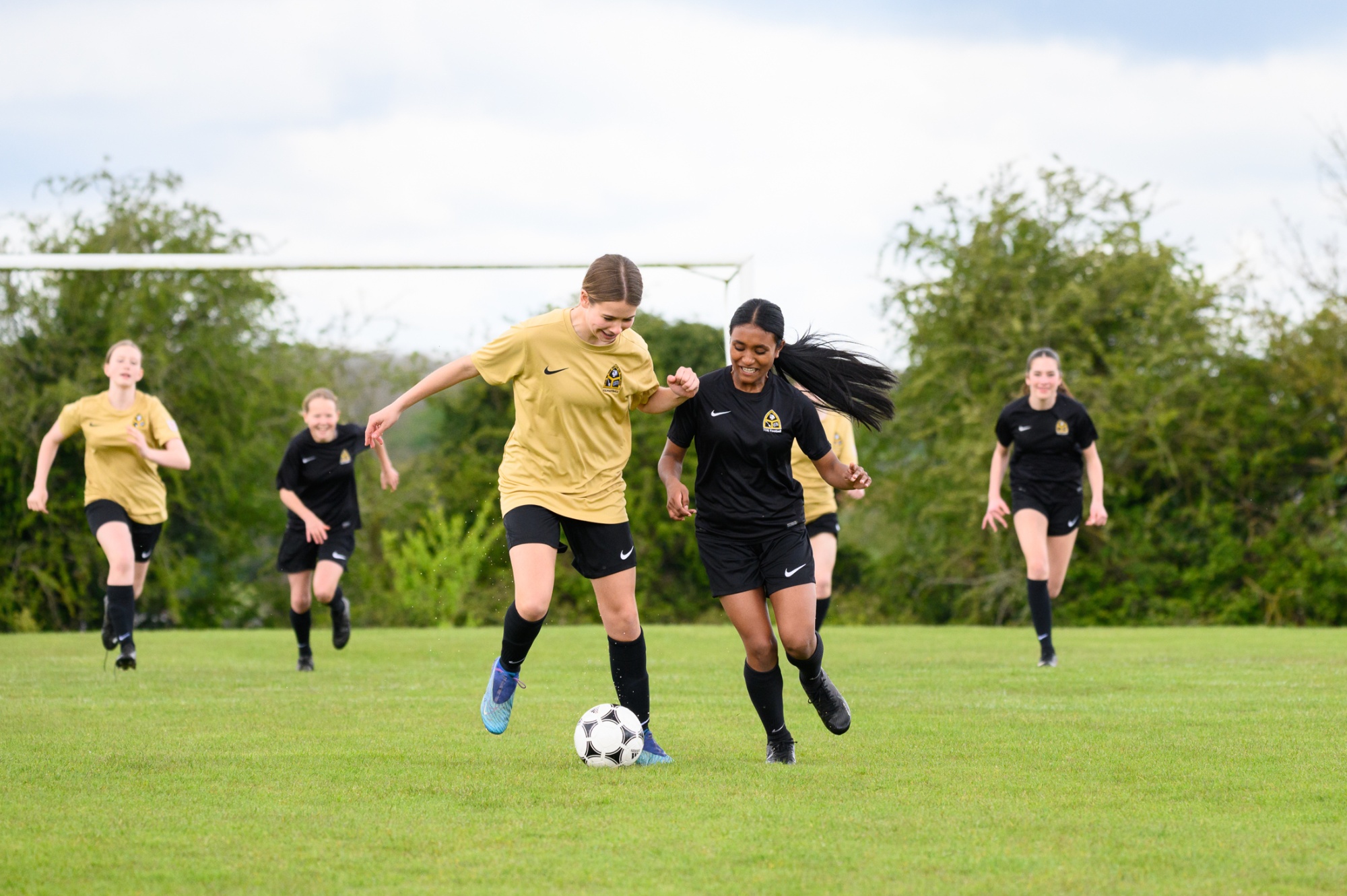Science
Intent
Science means ‘knowledge’, and through scientific enquiry and practical investigation, we equip students with the knowledge and skills to effectively question the workings of the universe in which we live. Sharing our passion for science across a range of disciplines, we encourage students to deepen their scientific understanding and make sense of Mother Nature’s mysteries. This is achieved through the use of conceptual models and the application of scientific processes. These scientific processes include hypothesis, planning, research, observation, questioning, development of theory, analysis and evaluation. We aim to inspire the next generation of scientists, technologists and engineers on the next step of their journey.
Ethos
Excitement and engagement driven by curiosity are supported by the school's 6Cs.
We expect students to:
- Collaborate in order to undertake practical investigation and research
- Cooperate in order to grapple with and solve complex problems
- Challenge themselves in order to deepen and broaden their scientific understanding
- Create in order to develop plans, methods, models and hypotheses
- Critically Think about problems and concepts in order to reveal solutions and expand their knowledge base
- Coach their peers in order to share their own understanding and develop the understanding of others
Underpinning all understanding with practical investigations in Biology, Chemistry and Physics so that students have the opportunity to make their own discoveries and draw their own conclusions.
Careers in Science
A Science education opens doors to a wide range of exciting and rewarding careers. Some potential career paths for our students include:
- Healthcare Professionals: Doctors, nurses, dentists, pharmacists, veterinarians
- Scientists and Researchers: Biologists, chemists, physicists, environmental scientists, data scientists
- Engineers: Civil, mechanical, electrical, software, biomedical engineers
- Technologists: IT specialists, software developers, web designers
- Teachers and Educators: Science teachers, university professors, science communicators
- Environmental Scientists: Conservationists, ecologists, climate scientists
- Forensic Scientists: Crime scene investigators, forensic chemists, forensic biologists







